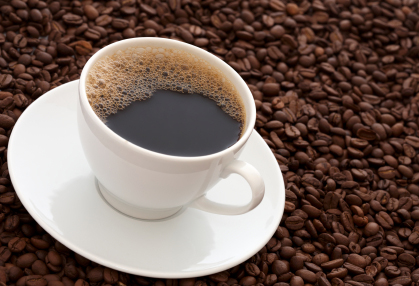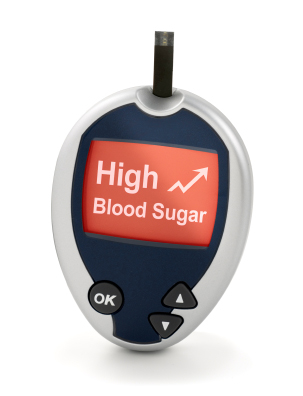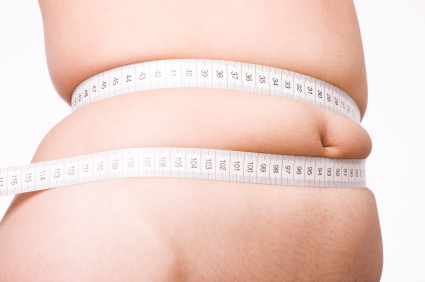


No shortcuts or cheap imitations.
Plus toll-free telephone orders, too!
Is Your Morning Coffee Making You Fat?
By Kevin DiDonato MS, CES
 If you think your diet soda is not causing health issues, think again!
If you think your diet soda is not causing health issues, think again!
A study recently published showed sucralose—the same ingredients found in Splenda—may increase your risk for diabetes.
Although very popular, sucralose may not be as “friendly” to your health—or waistline—as previously thought!
Splenda and Blood Sugar
Splenda—also known as sucralose—may be one of the most popular artificial sweeteners around.
In fact, many food products, diet drinks, and other diet foods may contain sucralose as its main driver to enhancing the flavor and sweetness of foods.
But this zero-calorie sweetener may not be as sweet as previously thought!
Some users experience headaches…
While some studies have shown that sucralose may cause some forms of cancer.
Now, however, a recent study shows that sucralose may have a negative impact on your blood sugar levels—which could lead to weight gain or the development of diabetes.
The study looked at the glucose response in people who ingested sucralose or plain water.
And guess what they found?
Those who ingested sucralose had higher blood sugar peaks compared to those who drank the plain water.
And that increase in glucose also resulted in an increase in the insulin response in those people (subjects were overweight or obese adults that were free from diabetes).
 This could have a wide range of implications for people’s health, especially those who may be at risk for developing diabetes in the future.
This could have a wide range of implications for people’s health, especially those who may be at risk for developing diabetes in the future.
They concluded from their study: “These data demonstrate that sucralose affects the glycemic and insulin responses to an oral glucose load in obese people who do not normally consume NNS.”
Simply put, sucralose impacted the rise in blood sugar AND insulin in those who may not normally ingest artificial sweeteners.
Take Home Message
There are millions of people worldwide who use artificial sweeteners.
They use them to enhance the sweetness of their food or drink without the negative impact of unwanted calories or blood sugar influxes.
However, according to a recent study, sucralose—otherwise known as Splenda—may be more harmful than once thought..
The study showed that sucralose may increase blood sugar levels and could also increase the insulin response in those who may not use artificial sweeteners.
Once again, sucralose has been shown to have negative impacts on health and it may be in your best interests to avoid it altogether.
References:
Pepino MY, Tiemann CD, Patterson BW, Wice BM, Klein S. Sucralose Affects Glycemic and Hormonal Responses to an Oral Glucose Load. Diabetes Care. 2013 Apr.
 If you order a JayLabPro SmartShip product or any Combo Package, we will automatically ship you a new supply of the product or products you have ordered every month, starting 30 days after your initial order is shipped, and continuing until you cancel. The credit card you are using today will be billed the lowest available price for those product or products when your order is shipped, but shipping will be FREE. You may log into your customer account or call our customer service department toll-free at 1-888-9GETPRO (1-888-943-8776) between the hours of 8am – 9pm EST Mon-Fri to cancel future shipments, customize the timing of your shipments, or change the credit card used for billing.
If you order a JayLabPro SmartShip product or any Combo Package, we will automatically ship you a new supply of the product or products you have ordered every month, starting 30 days after your initial order is shipped, and continuing until you cancel. The credit card you are using today will be billed the lowest available price for those product or products when your order is shipped, but shipping will be FREE. You may log into your customer account or call our customer service department toll-free at 1-888-9GETPRO (1-888-943-8776) between the hours of 8am – 9pm EST Mon-Fri to cancel future shipments, customize the timing of your shipments, or change the credit card used for billing.








